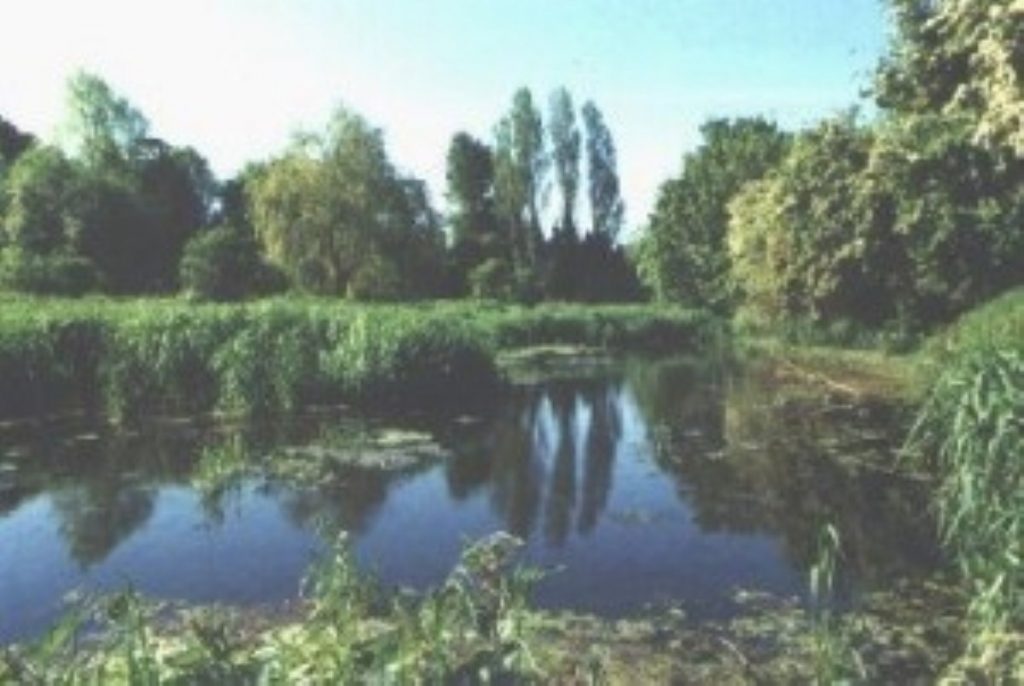Water extraction threatening UK wetlands
Poor management of water resources in the UK is leaving precious wetland habitats at risk.
A WWF survey of 23 European countries places England behind Estonia and Latvia in terms of efforts to protect and restore wetlands. There is currently no national inventory of wetlands and no co-ordinated strategy for managing and reversing the effects of human extraction. This leaves the few remaining wetlands vulnerable to over abstraction.
‘Water and Wetland Index II’ warns that taking too much water to supply homes and businesses risks parching over 500 wetlands in England and Wales. Ecologically and economically important areas including the Norfolk Broads and Lake Windermere are at risk, unless action is taken. Threatened native species include the white clawed crayfish and even common creatures like sticklebacks and lapwings.
The pressure on wetlands will be increased if plans to build new homes in the South East in the next two decades are pursued. Government figures show water resources in this area are already fully allocated to domestic, industrial and agricultural demand. This leaves important environmental areas with an inadequate supply.


But the use of water efficient designs in these new homes could avert a crisis in the water industry.
Rob Oates, rivers and wetlands officer for WWF warns: ‘With the pressures for new housing in the South East increasing, the demand for more water and no national strategy to protect our wetlands, DEFRA is presiding over a catastrophe of its own making.
‘DEFRA must ensure that water companies fund the five year programme of environmental improvements as proposed by the Environment Agency and English Nature. This would cost bill payers on average the price of just one can of fizzy drink per household per week.’
There is some good news from the WWF, with the Thames Region singled out for praise thanks to the development of a wetlands strategy by the Environment Agency and Thames Water company.












